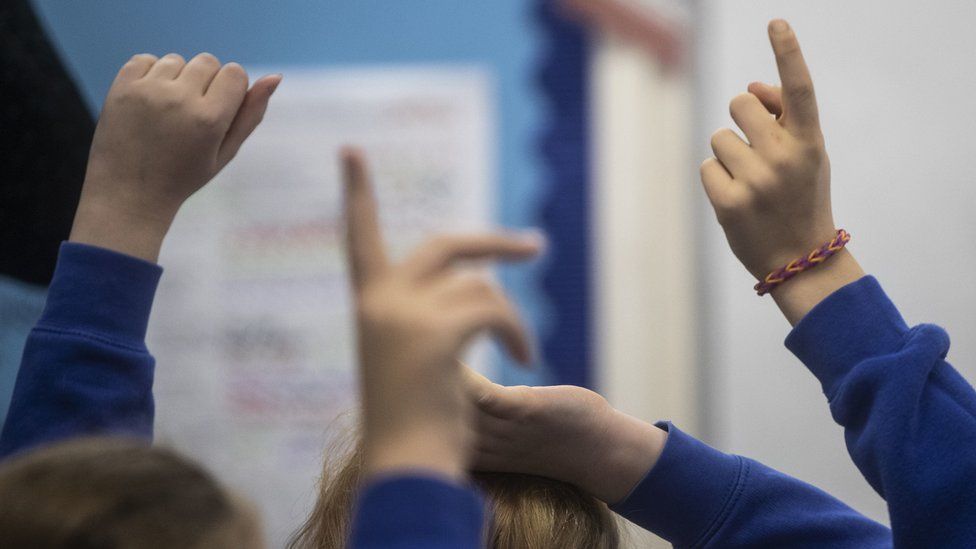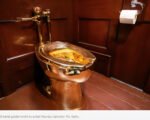
Labour has unveiled plans to teach “real world” maths skills in primary schools.
Shadow education secretary Bridget Philipson will say in a speech that children as young as four should learn financial literacy – including budgeting and currency exchange rates.
Under plans teachers will get extra training funded by ending some tax breaks for private schools.
Labour say the plans will “bring maths to life” for pupils.
Labour say poor maths skills in childhood can embed problems that last into adulthood, such as the inability to analyse basic graphs and calculate the value of supermarket offers.
An OECD estimate from 2016 found that nine million working-age adults in England had low basic literacy or numeracy skills – costing the economy £25bn a year.
In a speech to the Labour Party conference on Wednesday, Ms Philipson will say “we will be the party of high and rising standards”.
“Maths is the language of the universe, the underpinning of our collective understanding. It cannot be left till the last years of school.”
Real-world maths
The policy is a direct challenge to Rishi Sunak’s plans to keep students to study maths in some form until the age of 18.
As part of a pre-planned review of the school curriculum, Labour said it would direct teachers to show children how numeracy is used in the world around them.
Pupils will be taught through maths concepts through household budgeting, currency exchange rates when going on holiday, sports league tables and cookery recipes.
Instead of hiring specialist maths teachers, primary school staff will be retrained and supported by Maths Champions, Labour said.
A study by education charity the Education Endowment Foundation found children in nurseries employing a Maths Champions made three extra months of progress in maths on average.
Latest numbers show about 25% of kids do not meet the expected maths level by the end of primary school.
Latest figures show maths teacher numbers are 9% higher than in 2012, but shortages have been reported across the country.









